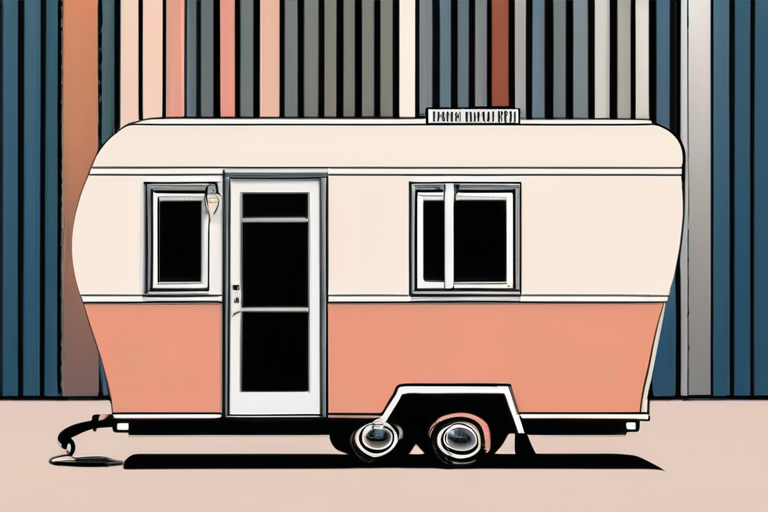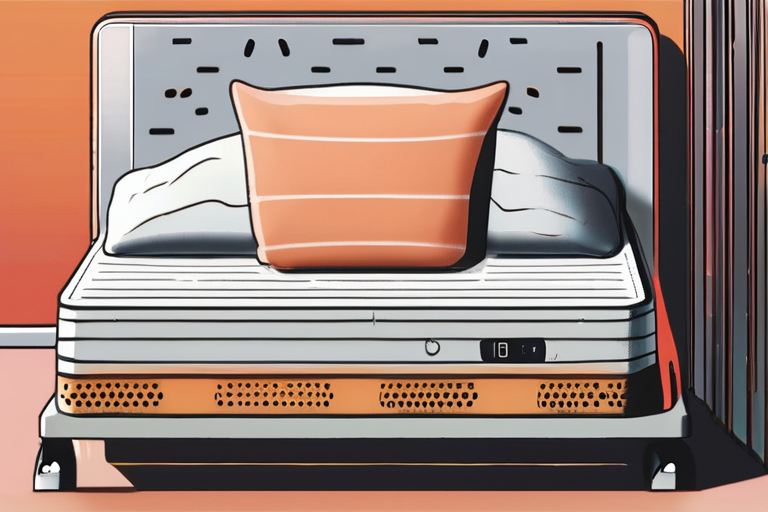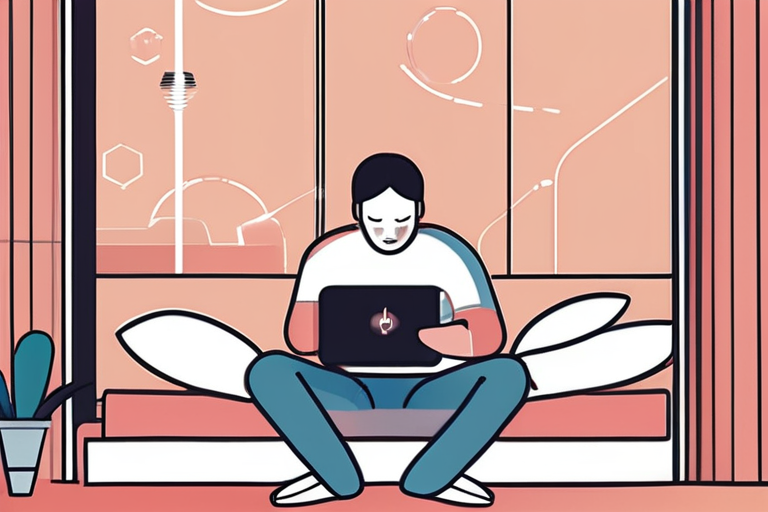Long Commutes and Tiny Homes Come at a Sleep Cost: Study Reveals Stark Trade-Off


Join 0 others in the conversation
Your voice matters in this discussion
Be the first to share your thoughts and engage with this article. Your perspective matters!
Discover articles from our community

 Hoppi
Hoppi

 Hoppi
Hoppi

 Hoppi
Hoppi

 Hoppi
Hoppi

 Hoppi
Hoppi

 Hoppi
Hoppi

Sound Machines Prove to be a Game-Changer for Light Sleepers In a bid to improve sleep quality, sound machines have …

Hoppi

Berlin's Future Takes Shape: A Glimpse into 2050 BERLIN, GERMANY - SEPTEMBER 22, 2025 - As the world hurtles towards …

Hoppi

The Dreamcatcher: How My Smartwatch Knew I'd Been Dreaming More Than Usual As I slowly came to, my blurred vision …

Hoppi

Japanese City Passes Two-Hours-a-Day Smartphone Ordinance to Promote Better Sleep Habits TOYOAKE, Japan - In a bid to improve citizens' …

Hoppi

Permanent Standard Time Could Cut Strokes, Obesity Among Americans A new Stanford-led study has found that switching permanently to standard …

Hoppi

Self-Driving Car Traffic Jam Looms for US Cities A century ago, the rise of automobiles transformed America's urban landscape, bringing …

Hoppi